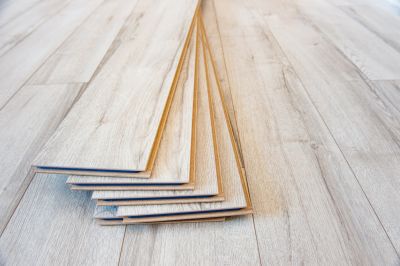
What’s The Difference Between Laminate Flooring And Vinyl Plank Flooring?
What’s the difference between laminate flooring and vinyl plank flooring? For homeowners and business owners in Denver County, Colorado, this is a key question when planning renovations or new construction. Both flooring types offer appealing alternatives to hardwood but differ in construction, durability, and water resistance. Knowing these differences can help Denver County, Colorado property owners select flooring that meets their style, budget, and performance needs.
Laminate vs. Vinyl Plank Flooring: What Denver County, Colorado Residents Should Know
Laminate flooring features a fiberboard core with a photographic wood design and protective wear layer. It is valued for its affordability and realistic wood look, but traditional laminate is prone to damage from moisture and humidity common in Denver County homes. While water-resistant options exist, laminate generally performs best in dry areas. Installation is typically a floating method requiring a flat, clean subfloor for best results.
Vinyl plank flooring in Denver County, Colorado is constructed from synthetic materials designed to be waterproof or highly water-resistant. It can replicate wood or stone textures while offering superior resilience against moisture, making it a preferred choice for kitchens, bathrooms, and basements. Vinyl plank floors are softer and quieter underfoot and can be installed through various methods including floating and glue-down. Selecting the right material depends on your space’s needs and lifestyle in Denver County.
Ready To Start Your Flooring Project in Denver County, Colorado? Choosing between laminate and vinyl plank flooring is an important decision for both functionality and style. To ensure your floors last and look great, seek professional advice tailored to Denver County, Colorado conditions. Submit the contact form to get connected with a trusted local flooring specialist who can help with product selection and expert installation.
